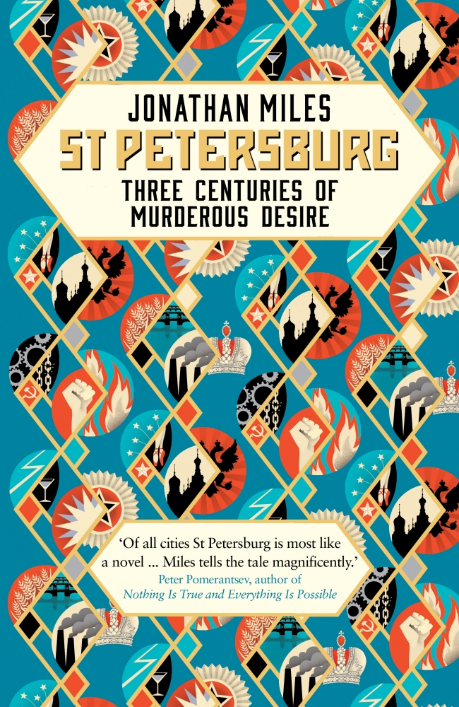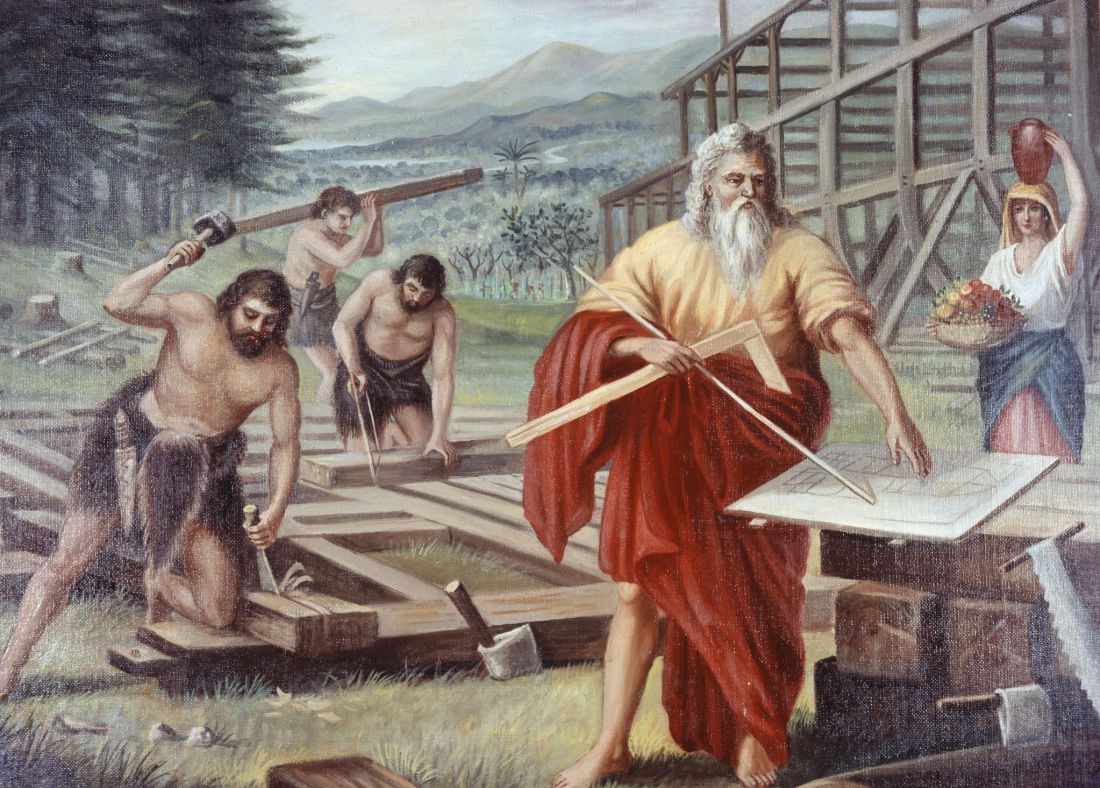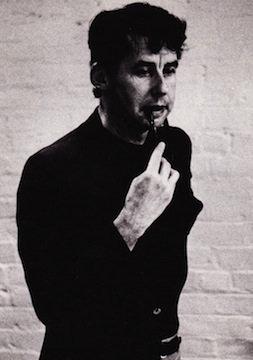
(Robert Phelps via Narrative)
‘As for credos, Monroe Wheeler, Glenway, and I were once walking along the gentle ridge above his house and I asked how each would summarise his philosophy. Monroe’s answer was straightforward, prompt: “I never want to be left out of the dance.” After a slow, foxy smile, Glenway reached down and picked up a stone. “I believe everything breathes; even this stone must utter a blissful sigh every millennium.”’
This is Robert Phelps, in the third of ‘three miniature portraits’ which he believed combined to offer a view of the writer Glenway Wescott, whose The Pilgrim Hawk (1940) and An Apartment in Athens (1945) I’ve read and admired.
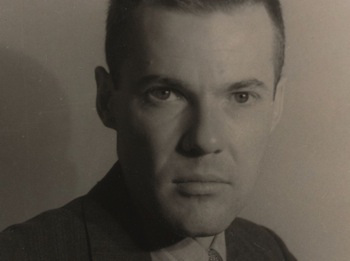
Glenway Wescott, photographed by Carl Van Vechten, 1936: Via the Beinecke Library, Yale University: http://beinecke.library.yale.edu/
Phelps (born 16 November 1922) did publish one novel, though it was not successful: ‘a serious new writer like Robert Phelps produces in Heroes and Orators (1958) a complex and troubling study of homosexual love that goes unnoticed’, Leslie Fiedler commented.[1] Phelps was one of the co-founders of Grove Press, though he sold his share in it and turned to freelance writing. He’s best remembered now as the editor and translator of, particularly, Colette, introducing a great many readers to her work, primarily through his wonderful compilation of her own writings, superbly fitted together to form an autobiography, Earthly Paradise. He also edited her Collected Stories and worked the same sort of editorial magic on the writings of Jean Cocteau. His other major editing job was the journal of Glenway Wescott or rather, drawn from memos, newspaper clipping and carbon copies of letters, Phelps remarked, ‘in substance as well as appearance it is closer to a scrapbook.’[2] To James Salter, he wrote of his work on this volume: ‘It’s like walking for days along the English coast after the wreck of the Armada. The beach is strewn. You keep running back and forth. Everything glitters, even the eyes of dead men.’[3]
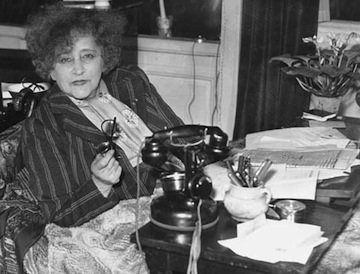
(Colette)
Phelps died in 1989, aged 66. I’d read a few books by Colette over the years but read quite a few more, especially the Phelps-related ones, after coming across the letters between Phelps and James Salter: two superb writers in love with other writers, in love with each other’s being in the world, to talk and write about books and weather and France and the look of things, the touch and smell of things. ‘Your stories pour over me’, Salter wrote, ‘I am in a different world, one where I recognize myself’ (12). Phelps intensely admired Salter’s writing and, what is less common, was able to articulate the reasons for that admiration. Of Salter’s story, ‘The Cinema’, he observed: ‘The thing that most gratifies me (and I mean gratify literally, as good cheese gratifies me, or a well-hung line of laundry snapping in the wind, or a Cavafy poem) is that if I stop at the end of almost any given sentence, I cannot guess what will come next—neither substance nor syntax. With most writers, there is maximum predictability. You can skim whole paragraphs’ (30). After noting that Salter was ‘a minority of one’ and ‘a new herb in the cabinet’, he remarked that, with ‘wholly different temperaments, Genet and Pasolini do something of the same thing. But you are tender, and unperverse. You are pure, and in the European sense of the word, American’ (31).
He told Salter about Erik Satie: ‘Did you know that after he died, his friends found one hundred unused umbrellas in his room? There was also a piano, which was unplayable and which Braque bought as a souvenir’ (47). He mentioned his hostess at Pound Ridge, in upstate New York, where he was staying. She was ‘an old friend of Philip Roth’ and told Phelps how Roth ‘puts the ms. of his current book in the refrigerator every day—in case of a fire’ (51).
Salter wrote to him, with more than a little urgency, ‘We must catch the train, Robert, we must move, otherwise life takes you, makes you soggy. We’re wearing cheap shoes, we must stay ahead of it’ (53).
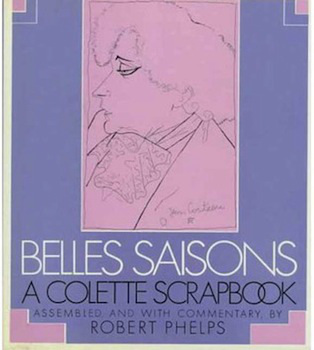
So much fascinating, mysterious, stimulating, alluring, irresistible stuff in the world—‘Scrapbooks, footnotes, almanacs, letters, diaries, questionnaires, marginalia, memos, alphabets . . . how I love them’ (38)—to which he brought an insatiable curiosity and in which he took an evident delight: he asks Salter, ‘Did you know that St. Francis of Assisi thought of God “as a melody so sweet it could just be borne”? One of his best friars, Giles, when attacked by theologians, answered their arguments on the flute’ (111).
Just reminding myself of Phelps and his work has prompted me—wanting more of such melodies—to order two books that I found I didn’t have.
There’s a very fine 2009 piece on Phelps in American Scholar by Michael Dirda (who contributed the ‘Foreword’ to Memorable Days:
http://theamericanscholar.org/i-wanted-to-be-robert-phelps/#.UZEHY4ImZUQ
References
[1] Leslie Fiedler, Love and Death in the American Novel (1960; revised edition, Harmondsworth: Penguin Books, 1984), 477.
[2] Continual Lessons: The Journals of Glenway Wescott, edited by Robert Phelps with Jerry Rosco (New York: Farrar, Straus, Giroux, 1990), vii.
[3] Memorable Days: The Selected Letters of James Salter and Robert Phelps, edited by John McIntyre (Berkeley, California: Counterpoint, 2010), 71: other page references to this book in parentheses.
Share this:
